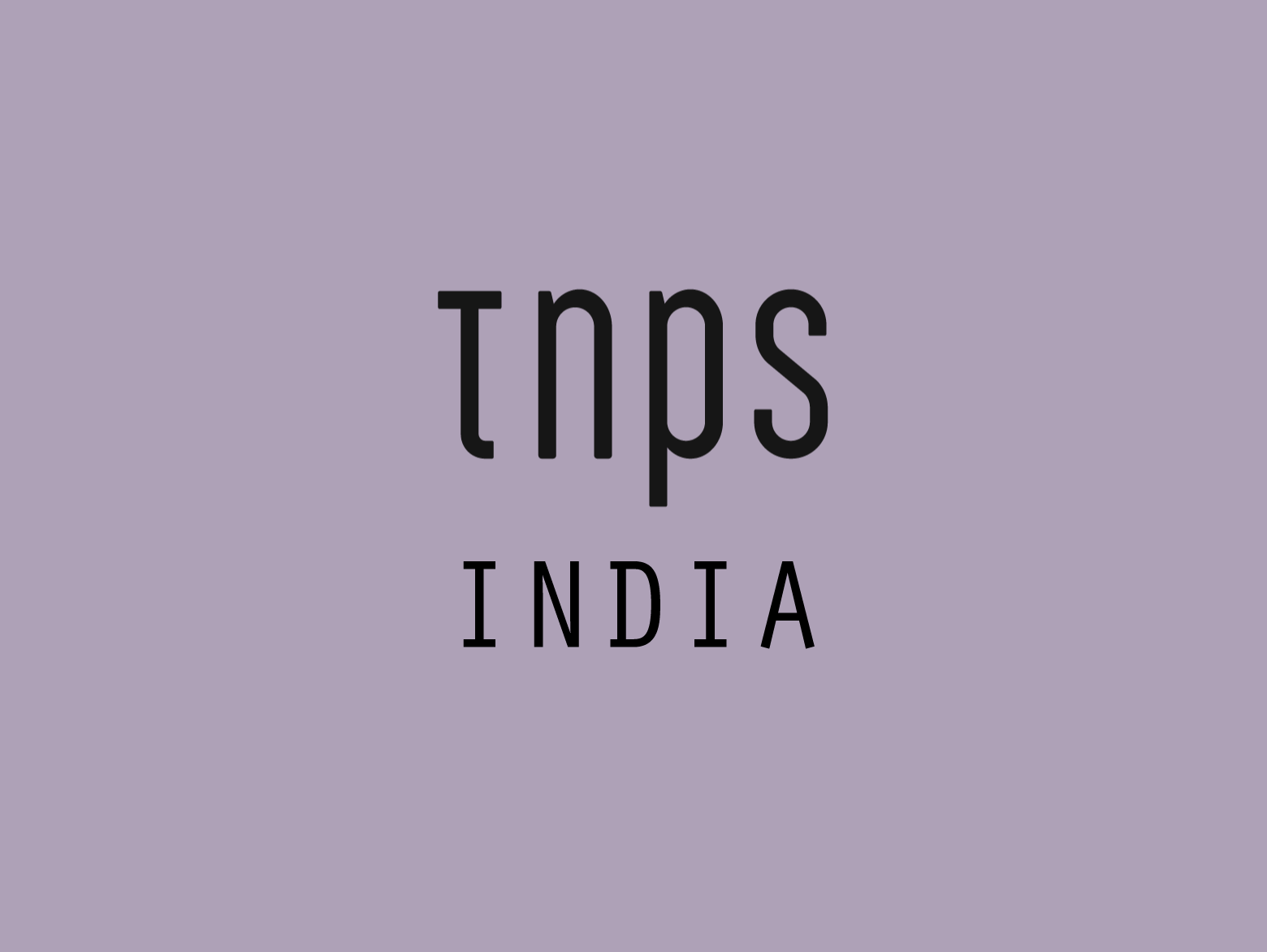The problem with the subscription model is, for publishers, remuneration rates. In an all-you-can-eat model as offered to consumers by Sweden-based global digital books subscription service Storytel, paying a fixed rate per download or portion of a title read or listened to is never a viable long-term option.
The USA’s Oyster famously collapsed because payments to publishers among other costs exceeded the money coming in from consumers.
Rivals like Scribd and Kindle Unlimited both changed their remuneration models for publishers to reflect the cold realities of the model: To be profitable you need to pay out less than is coming in.
But to attract publishers in the first place a fixed-rate remuneration model is usually the hook, with the service later changing the rules knowing it’s that much harder for publishers to walk away, and most will grumble and accept the new conditions.
Not so Sweden’s biggest publisher Bonnier.
From the start Bonnier had a better deal with Storytel than other, smaller rivals, which caused some fiction when the fact emerged last September.
The problems escalated earlier this year as Storytel introduced its new payments model of a shared pot which gave publishers a payout based on how many minutes or pages were consumed. A payout far less predictable than the old fixed rate model.
Not all publishers were unhappy – WAPI’s Mattias Lundgren famously told Boktugg “revenue share has worked well for us” – but among those that were less than pleased was Bonnier, which in April began restricting new titles entering the Storytel catalogue. Storytel responded by lowering visibility on backlist Bonnier titles and war was declared.
Sweden’s subscription model faces its biggest challenge yet as Bonnier and Storytel go to war
By May, while both Bonnier and Storytel were proclaiming pyrrhic victories and claiming they didn’t need one another –
the only real winners were the rival publishers finding new visibility on the now less competitive Storytel site.
Consumers, of course, were the real losers, and as summer arrived it seemed this dispute might go on forever.
But after “tense negotiations” (Tellander’s worda) Storytel and Bonnier have come to a three-year agreement that means Bonnier books will once again be available to Storytel’s 400,000 Swedish subscribers.
Unsurprisingly, no details are given of the new deal. Storytel CEO Jonas Tellander talks of a “two-way street of give and take,” while Bonnier CEO Håkan Rudels says his company has “secured predictable and long-term sustainable compensation levels.”
Rudels’ wording suggests some compromise on Tellander’s part that again gives Bonnier a better deal than its rivals, but we’ll have to wait for the Swedish industry commentators to dig deeper to find out just what concessions each side has made.
Until then, here’s the Storytel press release detailing what Tellander and Rudels want us to know:
Storytel Sweden AB (“Storytel”) has today entered into a three-year term agreement with Bonnierförlagen. This means that Storytel’s approximately 400,000 Swedish customers once again will have access to the full catalogue of Bonnierförlagen, including new releases, from 1 September 2019.
Storytel has since 1 April 2019 not been able to offer new releases from Bonnierförlagen due to a disagreement between the parties as to content of a new cooperation agreement.
Today, a new three-year term agreement has been entered into, meaning that Storytel’s Swedish customers again will be able to access new titles from Bonnierförlagen.
Bonnierförlagen’s titles published from 1 April 2019 until today will be made available on the Storytel platform as soon as possible, and no later than 1 September 2019.
Jonas Tellander, CEO, Storytel:
“I am extremely happy that Storytel’s customers, once again, will be able to read and listen to the full catalogue of Bonnierförlagen, including new releases. Storytel and Bonnierförlagen have had intense negotiations during the summer, resulting in the agreement that was signed today. It has been a two-way street of give and take, where we now have found a long-term solution which also disperse any uncertainty about Storytel’s offering in Sweden, and which both parties are satisfied with. The agreement gives Storytel a reasonable margin on Bonnierförlagen’s books, which was an essential condition. It is a good deal for both parties, and where the big winners are our customers and the authors”.
Håkan Rudels, CEO, Bonnierförlagen:
“With this agreement, we have secured predictable and long-term sustainable compensation levels for us and our authors, which has been absolutely crucial for us. At the same time, this agreement will allow us to put all of our energy into continued investments in, and development of, new stories, authorships and literature. I am very happy that all of our authors’ books are again made available to Storytel’s readers and listeners. I am convinced that this cooperation agreement is for the benefit of the whole Swedish book industry”.
Bonnier has its own statement online which adds a few more details about Bonnier title numbers but runs the same agreed quotes from the two CEOs.
Bonnier’s version tells us the agreement,
covers the Bonnier publisher’s entire digital publishing, which contains 2,000 audio books and 7,000 e-books – as well as future publishing.







